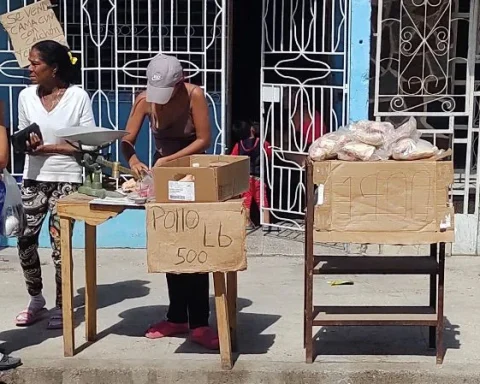The National Superintendence of Labor Inspection (Sunafil) informed that it will be able to fine from this Monday the Business that fail to comply with not having eliminated the outsourcing of workers in the essential nuclei of their businesses.
The prior term for the adequacy of this law proposed by the Ministry of Labor and Employment Promotion (MTPE) was 180 days. As the term has already expired, now the inspectors will be able to impose the respective sanctions in case there are breaches of the norm.
LOOK: Sunafil: Employers who fail to comply with salary payments will receive fines of up to S / 120,000
The core business is part of the main activity of the company and can only be carried out by it.
He indicated that, for example, a company dedicated to the manufacture of footwear cannot outsource shoemakers because they are part of the core of the business. Similarly, a college could not outsource the hiring of teachers, because teaching is the core of its business.
To identify the core of the business, it is necessary to observe the corporate purpose of the company, what identifies it with its end customers, the differentiating element of the company, the activity that has added value for customers and the activity that usually brings in more income.
When is outsourcing denatured?
Sunafil mentioned that the law indicates that a distortion of outsourcing occurs when the workers of the outsourcing company carry out activities that are part of the core of the business or when they are under the subordination of the main company.
Outsourcing is also denatured when the provision of services continues after 30 calendar days granted for adaptation.
“This distortion has the consequence that the main company is the employer of the workers who were outsourced to carry out some activity of the core business. In this way, the inspection and the corresponding sanctions are carried out.“, accurate.
The fines for not complying with the outsourcing law will vary according to the particularities of the infractions, the type of company and the number of workers.
Serious offenses
Failure to comply with the content that must be included in the contracts of workers of the outsourcing company and failure to report on the outsourcing services are serious offenses whose fines range between S/ 506 and S/ 120,152, depending on the type of company. such as microenterprise, small business or company that is not mype.
Very serious offenses
Using labor outsourcing to carry out activities that are part of the core of the business or as a simple provision of personnel, as well as to terminate the contract of the workers who were outsourced and who were part of the core of the business, without being included in the payroll of the company, are considered very serious infractions after the approval of the law.
In these cases, the fines range between S/ 1,058 and S/ 241,638, always according to the type of company: microenterprise, small business and company that is not mype.
Sunafil is responsible for monitoring compliance with social and labor standards and occupational health and safety. In this sense, the labor inspection guides employers and workers regarding the regulations, and also supervises and sanctions in case a case is detected.


















